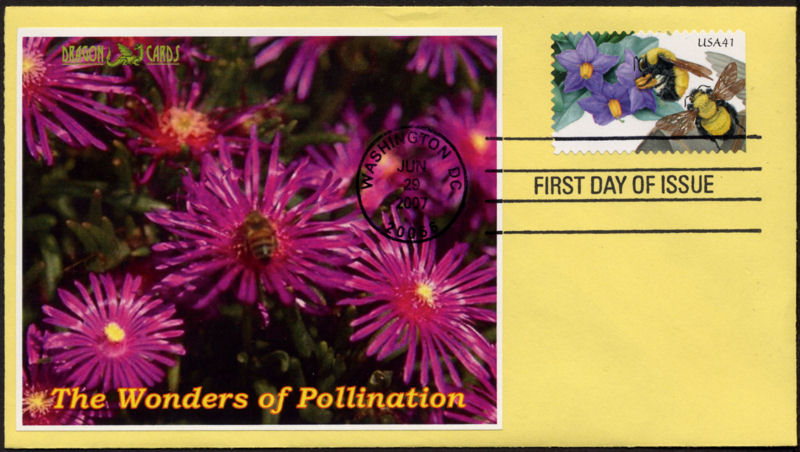For several years, Tom Theobald, a beekeeper in Boulder, Colo., has been trying to check out his suspicions that a relatively new class of pesticides has been interfering with the normal breeding and development of his stock. The pesticides, based on the chemistry of nicotine, are generically called neonicotinoids. This week Mr. Theobald got reinforcements from two very different quarters. First, Senator Robert Menendez of New Jersey sent a letter to Lisa P. Jackson, the E.P.A. administrator, that said in part: While large farming operations import managed honeybees for pollination, farmers with smaller, polyculture farms in New Jersey rely heavily on about 350 native species of bees. Alarmingly, several species of bumblebees are believed to have already vanished and next to nothing is known about the health of other native species of bees.
Among his questions were: What steps is the E.P.A. taking to clarify and assess the risks to pollinators from chronic, sub-lethal neonicotinoid exposure, for example, when insecticide treatments involve seed coatings or injections into root systems? How will its risk assessment account for the accumulation of neonicotinoids in soil over the years? Then The Independent newspaper in Britain reported on Tuesday that the Department for Environment, Food and Rural Affairs, the British equivalent of the E.P.A., was reconsidering its benign attitude toward neonicotinoids. A British scientist who advises the agency, Robert Watson, had pointed out that recent laboratory studies indicate that the pesticide makes bees more susceptible to a dangerous viral infection.
Source: New York Times, April 1, 2011
http://green.blogs.nytimes.com/2011/04/01/is-a-pesticide-harming-all-th…
Dan Rather Report, September 20, 2011
http://vimeo.com/29419200

- Login om te reageren
